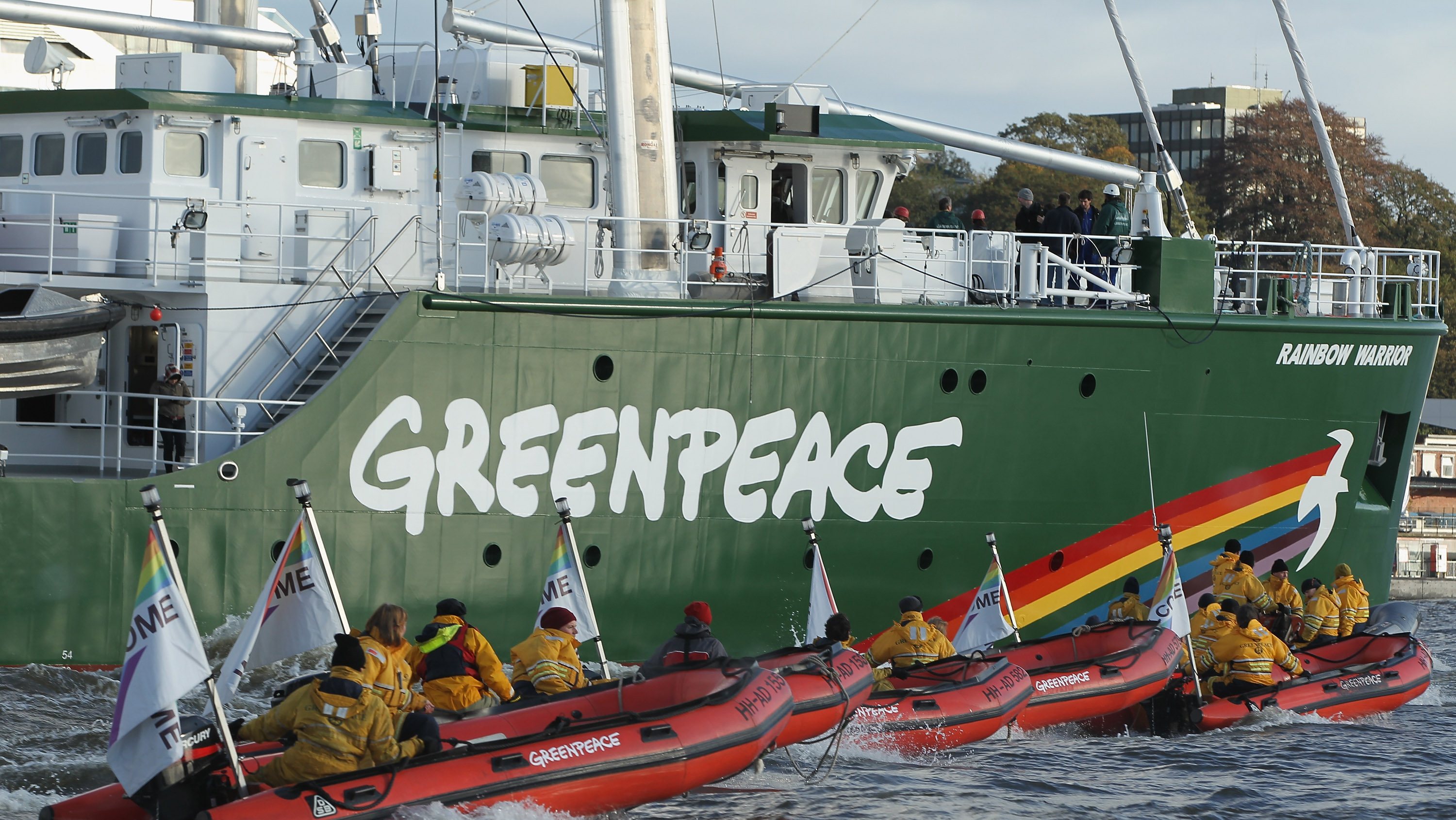Greenpeace confirmed on Monday that it will take legal action against the European Commission (EC) if it does not reverse the decision to classify investments in nuclear energy and gas as sustainable.
The environmental organization considers that these violate the obligations of the European Union (EU) under the Paris Agreement.
Austria and Luxembourg had also indicated in July that they would take the EC decision – approved by the EU Council, which represents the countries -, and the European Parliament, to the EU Court of Justice.
Greenpeace reported that its representations in Germany, France, Spain, Italy, Luxembourg, Central and Eastern Europe and the European Union sent a “formal request for internal review” to the EC on September 8.
The organization argues that the decision was passed despite “widespread opposition from EU citizens, climate scientists, financial institutions and environmental organisations”.
In a statement, he gives the EU executive until February to analyze Greenpeace’s arguments and respond. and stresses that “gas is one of the main causes of climate and economic chaoswhen there is still no solution to the problem of nuclear radioactive waste and the risk of nuclear accidents is too great to ignore”.
After years of internal deliberations, the European Commission presented in February a “delegated act” in which it considered certain investments in nuclear power plants and gas plants to be sustainable in a classification intended to guide future investments.
The EC decision, which contradicts the group of independent experts advising the executive, specifically refers to nuclear power plants with construction permits before 2045 and to gas power plants that emit less than 270 grams of CO2 per kilowatt hour for 2031, or less than 100 grams. throughout his life.
The EC maintains that this is a realistic and pragmatic proposal at a time when gas and nuclear energy will be needed for the energy transition of the EU, which also wants to accelerate its independence from Russian fossil fuels in the context of the war of Ukraine.
The decision was validated in July by the European Parliament and was not challenged by the European Council, where the decision was supported by Germany in the case of gas for electricity production and by France for nuclear energy, while dissidents such as Austria, Luxembourg, Denmark and Spain did not guarantee the necessary blocking majority. The rule will come into force in 2023.
The objective of the “taxonomy” is to label activities considered ‘green’ to facilitate the channeling of investments towards sustainable purposes in sectors such as energy, agriculture, transport or industry, but in practice it does not oblige or prohibit investing in them .
Source: Observadora
